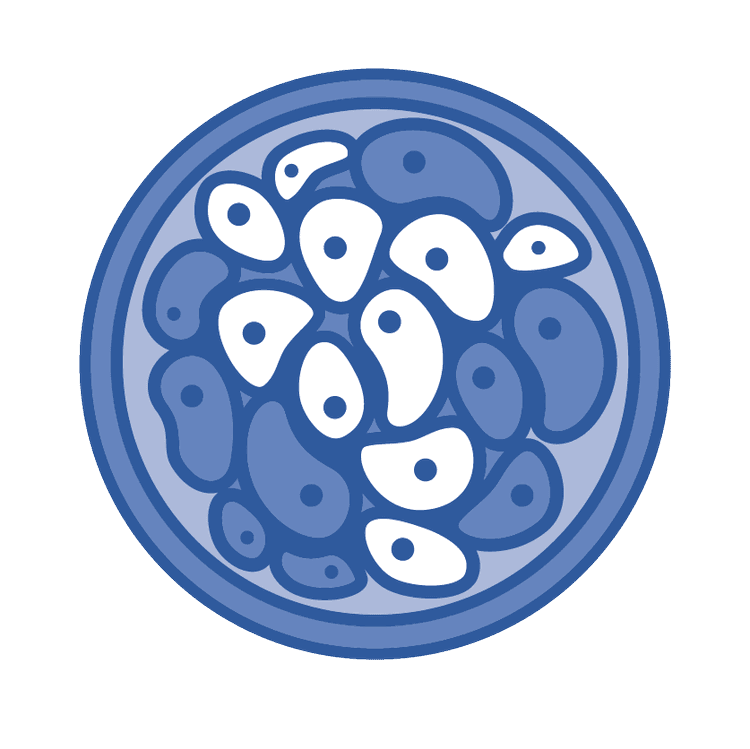May 24, 2022
Last week, the University of Alberta research team that published the breakthrough "Edmonton Protocol" in the year 2000 shared 20-years of data from its trial of islet cell transplantation therapy in patients with type 1 diabetes.
Between 1999-2019, 255 T1D patients at the University of Alberta received over 700 infusions of islet cells sourced from recently deceased cadavers. Taken together, their experiences represent the most extensive single-center study of long-term outcomes ever published about islet transplantation therapy. While this treatment is severely limited today by the fact that people who receive it need to take immunosuppression for the rest of their lives, the procedure offers hope for people with T1D that an infusion of cells might replace the need to manage type 1 diabetes with external insulin.
It is exciting to see these consolidated results from a research lab that has for many years been one of the key leaders in islet replacement strategies and techniques.
One read of the results is that islet cell transplantation has indeed allowed a small group of people to be insulin-independent for over 20 years post-procedure. To those who choose to read these results with optimism, this suggests that the procedure can eventually be further developed into a Practical Cure for type 1 diabetes. We believe this is a pathway that is well worth pursuing with focus and urgency.
Yet, on the other hand, enthusiasm for this approach is dampened by many significant issues that will be difficult to solve. The cells used in these procedures were difficult to source, as they were supplied by recently deceased cadavers. Furthermore, everyone who underwent the procedure had to take immunosuppressive drugs, which come with their own set of complications, for the rest of their lives. And, finally, the procedure was sustainable over the long term as an islet cell replacement strategy for only a small percentage of recipients.
Key Summary Points from the Research:
- Between March 1999 and October 2019, 255 patients received islet transplants by infusion into the liver.
- 79% of the transplant recipients were able to achieve insulin independence at some point during the 20-year trial.
- 61% were still insulin-independent one year after their first infusion
- 32% were insulin independent five years after their first infusion
- 8% were insulin independent 20 years after their first infusion
- The safety risks associated with this procedure are serious but seem consistent with long-term immunosuppression drugs:
- 29 patients experienced life-threatening infections
- 22 patients developed skin cancer
- 11 patients experienced other forms of cancer
What's Next for this Research?
Today, islet cell transplantation is only available to a very small group of people for whom the risks associated with immunosuppression are lower than the risks associated with managing T1D with external insulin.
To make islet cell therapy a standard treatment for everyone with T1D, researchers need to overcome three major hurdles: the limited availability of cadaverous islet cells, the low long-term survival rate of the cells within the body, as well as the need for the patients who receive the therapy to take immunosuppressive drugs.
Researchers at the University of Alberta (and elsewhere) are investigating solutions on all three fronts. To address the cell supply issue, the lab received a $3 million grant from Canada's Stem Cell Network in September 2021 to start a clinical trial where islets developed from a patient's blood cells will be manufactured for islet cell therapy. For cell survival without the need for immunosuppressive drugs, the University of Alberta is hosting a clinical trial of insulin-producing cells that have been modified by the latest gene-editing techniques to be cloaked from the immune system.
We will share results from both trials when they become available.

